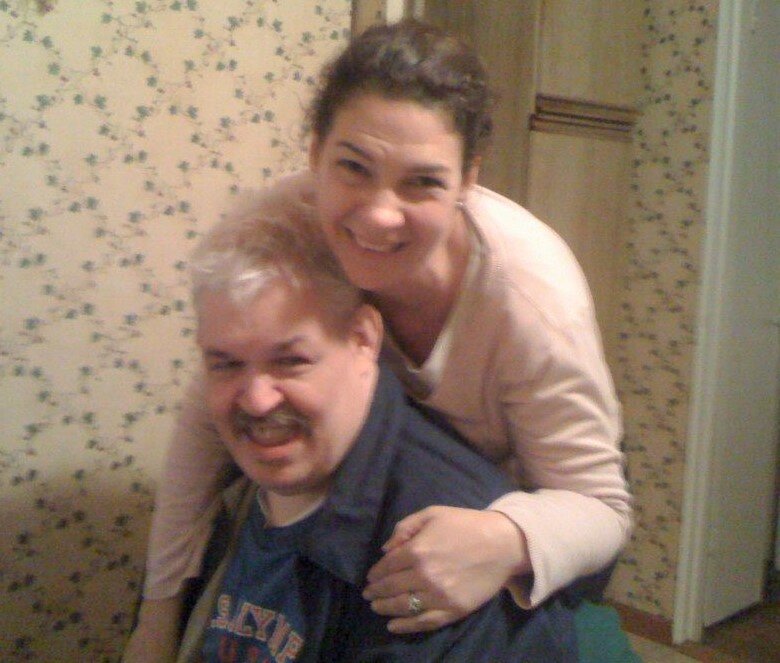Care and Justice during a pandemic
I’m Felicity, a post-doctoral researcher on the CareVisions project. I’d like to share some of the experiences that I bring to the CareVisions project and my motivations to understand the present and future of care in light of the challenges presented by the COVID-19 pandemic.
For the past two decades I have worked in the international development sector mainly focused on global health. I have spent many years advocating for and researching access to prevention, treatment and care for marginalised communities affected by HIV/AIDS. I bring a feminist perspective to my work which was forged in women’s rights activism that I became engaged in during the 1990s. I earned a Doctorate in Public Health at the London School of Hygiene and Tropical Medicine in 2016 where my thesis analysed stakeholder engagement in the development of South Africa’s National Strategic Plans on HIV/AIDS and Sexually Transmitted Infections, particularly advocates for the sexual health of lesbian and bisexual women.
COVID-19 refocused my attention on care, particularly how public health guidance and infection mitigation can be improved in congregated settings. I lost my brother, Jay, to COVID-19 on 6 May 2020. Jay was 59 years old, developmentally disabled from birth and lived with type II diabetes for three decades. For the past fifteen years he resided in a group home with 5 other disabled men in our hometown, on an island in New York City.
Last year as the pandemic rapidly spread throughout New York City I feared Jay was highly vulnerable, not because of concerns about his care but because of systemic failures in the US pandemic response. I was concerned that disabled people in congregated settings were not being identified as needing targeted prevention. Jay represents one lost life in the overwhelming statistic of over 3.5 million COVID-19 casualties to date. My family is among the millions processing complex grief having been unable to breach quarantine to care for a beloved as they succumbed to the virus.
My recent experience and the feminist convictions that have always fuelled my advocacy and research brings me to this research project. In CARE-VISIONS we are exploring how we might imagine a future ‘care-centred society’ by reflecting on the challenges and inequalities that COVID-19 has revealed in Ireland. We are drawing on concepts from the feminist ethics of care scholarship to analyse the importance of care in our lives and our politics. The ethic of care interrogates how to bring balance to the ethics of justice that has shaped our laws, policies, and institutions.
Jay understood injustice as he suffered stigma and incidents of violence due to his disability. He was often frustrated at the limits on his life and stood up for himself. While he was able to exercise more self-control and emotional maturity over the years, he was never fully at ease with having to rely on others. A year on from Jay’s passing I am still coming to terms with how quickly COVID 19 ravaged him and the helplessness I felt not being able to be with him while he was in hospital for two weeks. But I have gained peace of mind that he is finally free of frustration and from all he suffered due to ableism.
Families who have experienced a COVID-19 bereavement are asserting claims for justice which will be pursued through political institutions shaped the ethics of justice. In the context of this care crisis we have an opportunity to consider how an ethic of care can be utilised to ground claims seeking recompense based on inadequate care or challenging the ‘carelessness’ in our society.
CareVisions can also raise questions about whether a right to care could support individuals and communities to assert care claims. This perspective could support analysis of structural deficits and provide us with opportunities to advance the feminist ethics of care as a moral theory that can re-shape our institutions to make them care-centred.
More than ever, I recognise how much my early experiences of seeing my brother face injustice fuelled my activism and the issues I have focused on in my career. Now I aim to transform the anguish that I share with everyone who has lost someone to this virus and channel it into efforts to reimagine how we might envision future care relations, practices, and policies in Ireland and beyond.
Jay and Felicity Daly, 2012

